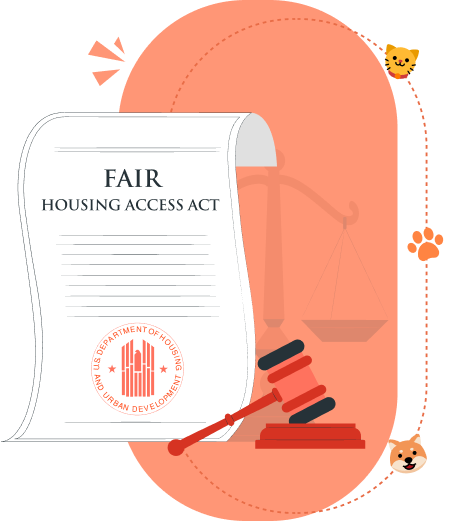Bringing an ESA to Work in Virginia
Employment accommodations are evaluated individually under federal and state disability laws. You can request permission to bring an ESA, but employers may propose alternatives (schedule changes, workspace adjustments) if those effectively address the need. Employers may deny an ESA in cases of undue hardship, safety risks, or significant disruption (e.g., severe allergies nearby).
Tips for Workplace Requests
Be prepared to provide reliable medical documentation linking the accommodation to your mental health condition. Discuss alternatives that may meet the same need if an ESA isn’t feasible.
Pricing
PSD Letter
Reviews
ESA By States
ESA Laws
Resources


